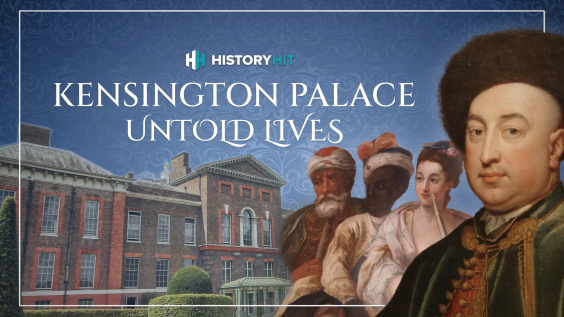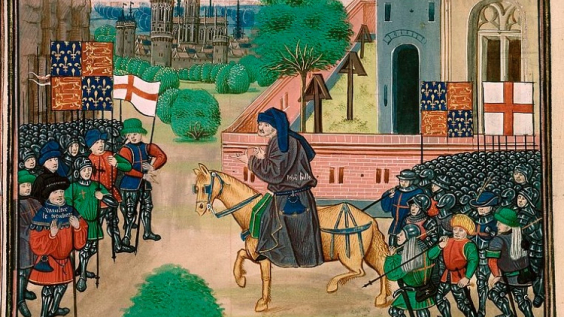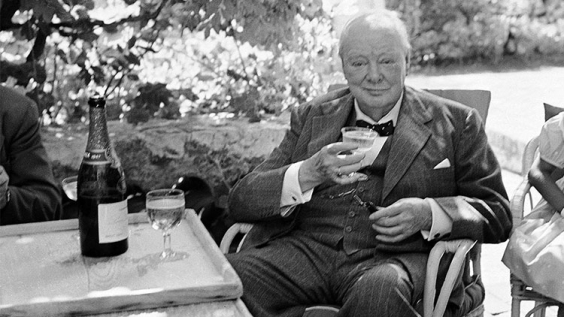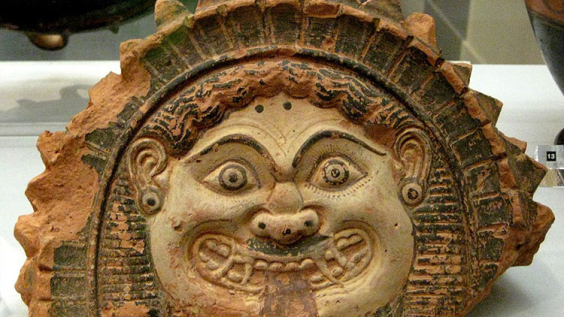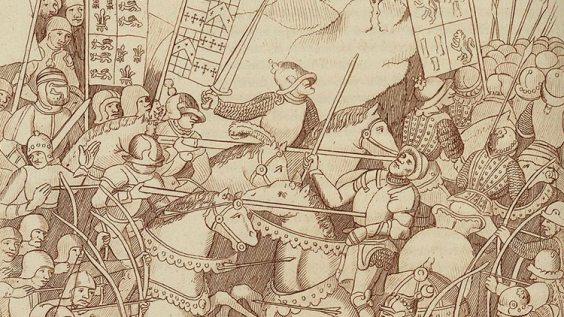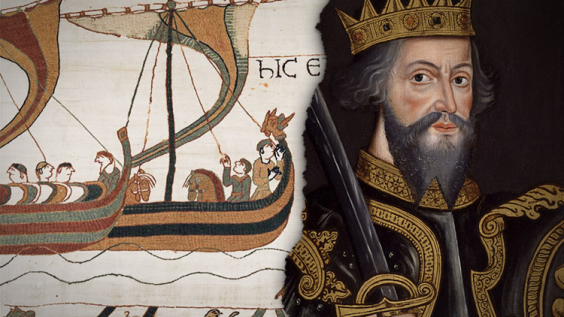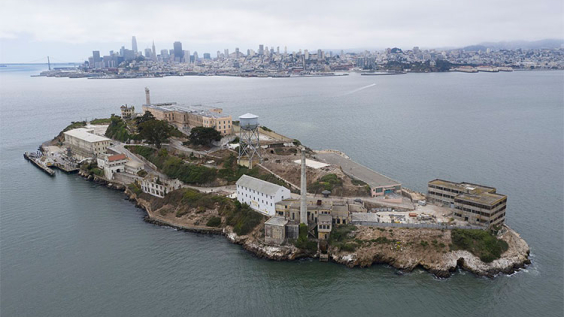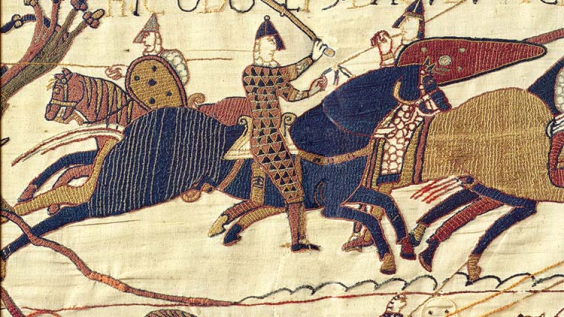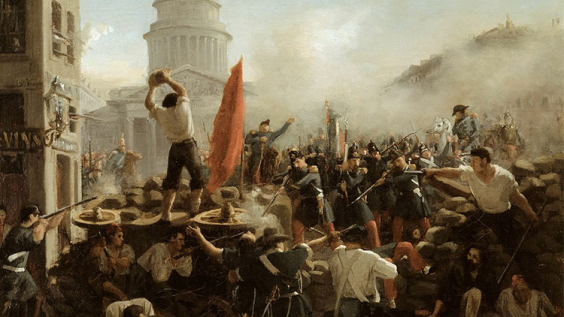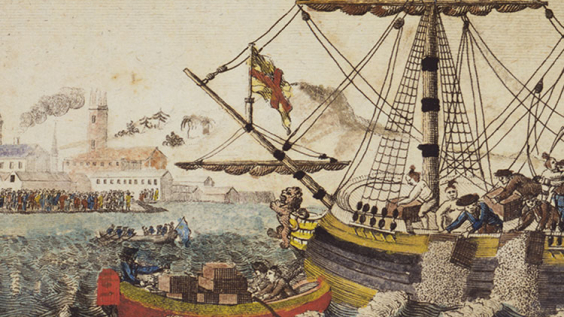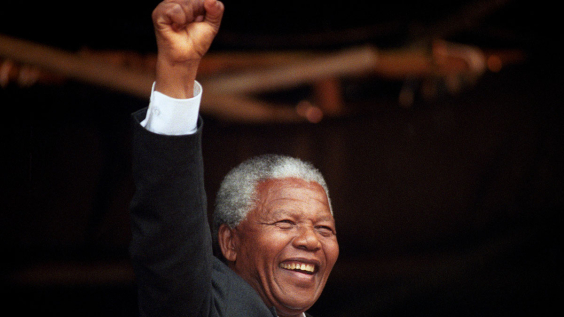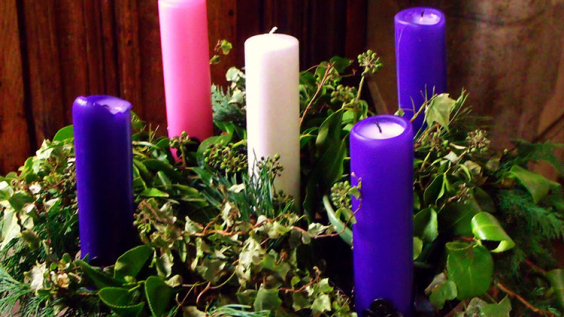
Michel Ney was one of the Marshals of the Empire – a prestigious sign of supreme military attainment – under Napoleon. Called the “bravest of the brave”, he was one of Napoleon’s most popular officers, the very picture of a dashing cavalry commander. After Napoleon’s final exile, he was executed by the French court.
Here are ten facts about the courageous man.
 Listen Now
Listen Now1. Ney was bilingual, with both French and German roots
He was born in the town of Sarrelouis along the French-German border, a French enclave in a largely German region. It was annexed by Prussia according to the Treaty of Paris of 1815. Ney’s lawyer attempted to use this to prevent his execution, stating that since he was now Prussian, he could not be tried by a French court. However Ney refused this line of defence, apparently declaring:
“Je suis Français et je resterai Français!”
(I am French and I shall remain French). This impassioned patriotism was rewarded with a guilty verdict and subsequent execution.
2. He was originally denied entry to the officer corps due to being a commoner

Louis XVI the last king of France before the Revolution. Under his reign, only nobility could be officers in the army
While he was originally denied entry to the officer corps under the Bourbon monarchy for his lack of noble blood, he would later be made a Duke by Napoleon, and then the Prince de la Mowska. He would be made a peer by the restored Bourbon monarchy before having it revoked upon execution in 1815. His peerage was then posthumously restored in 1831.
3. His marriage was orchestrated by Joséphine Bonaparte

Joséphine, Napoleon’s first wife
His wife Algaé Auguié was a handmaiden of Joséphine’s and the daughter of a high civil servant. Her connections allowed him a more active role in political and social life.
4. He was known as the last Frenchman on Russian soil and the “bravest of the brave”
He commanded the rearguard of the French retreat from Russia during the 1812 invasion and so he was called the last Frenchman on Russian soil. During the campaign he and his forces were cut off from the main army, but they managed to escape over the Dneipr river. Napoleon said that,
“The army of France is full of brave men, but Michel Ney is truly the bravest of the brave!”

Ney at the Battle of Kaunas during the Russian campaign
5. He was involved in Napoleon’s first abdication

British etching from 1814 in celebration of Napoleon’s first exile to Elba at the close of the War of the Sixth Coalition
He was the spokesperson of the marshals who refused to march. When Napoleon said that the army followed him, Ney replied that it would follow its chiefs. He then swore loyalty to Louis when the Bourbon monarchy was restored.
6. He then defected back to Napoleon to join in the Hundred Days campaign.

A public proclamation by Ney, dated March 1815, urging French soldiers to abandon the king and to support Napoleon
Ney was charged with stopping Napoleon, who had thus far returned unopposed. However, he rejoined Napoleon and fought by his side in their final campaign.
7. Ney may have cost Napoleon the Battle of Waterloo

Ney leading the cavalry charge at Waterloo
During the battle, Ney ordered a charge of French cavalry. The co-ordination between the artillery and cavalry, however, was bad; Wellington’s troops were able to stand in hollow square formations and repel the cavalry. They suffered heavy losses.
Amongst the generals, four divisional commanders and nine brigadiers were wounded, with one killed. Napoleon called the charge “an hour too early”.
8. Ney lost five horses during the Battle of Waterloo
 Watch Now
Watch NowWhilst his command may have been ineffective, his valour (though some would call it recklessness) remained unquestionable. He supposedly lost five horses during the battle, and apparently cried out:
“See how a marshal of France meets his death!”
He did not die.
9. He gave his own execution order

The death of Marshal Ney
After Napoleon’s second and final exile, many off his top officers were tried. While the majority were pardoned, Ney was not. Condemned to execution by firing squad, he refused the blindfold and was allowed to give the firing order. Therefore with his last order he finally met his death, with his reputation as “bravest of the brave” intact til the end.
10. There is a myth that he survived his execution
Shortly after Ney’s death, a French veteran appeared in America called Peter Stuart Ney. This school teacher had a red complexion (Ney was known as “le Rougeaud”, “red faced”) and was supposedly good with a sword. One version states that the Duke of Wellington orchestrated his escape as they were supposedly both freemasons.
Although it seems unlikely, other officers of Napoleon did end up in America, such as Charles Lallemand. Ultimately, as with any conspiracy theory, we shall likely never know.



